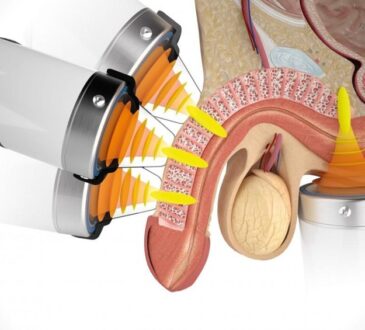
Epigenetics, a fascinating field of study, is revolutionizing our understanding of how our genes interact with the environment to influence personal health and disease prevention. Unlike changes to our DNA sequence, epigenetic modifications can alter gene expression without changing the underlying genetic code. This flexibility allows our bodies to adapt to various environmental factors, lifestyle choices, and experiences.

Understanding Epigenetics
Epigenetics involves chemical modifications to our DNA and associated proteins that can influence gene expression. These modifications, including DNA methylation and histone modification, can be influenced by factors such as diet, exercise, stress, and exposure to toxins. By altering gene expression, epigenetic changes can impact our susceptibility to diseases such as cancer, diabetes, and heart disease.
Personalized Health and Disease Prevention
Epigenetics plays a crucial role in personalized medicine, as it highlights the importance of individualized approaches to health and disease prevention. By understanding a person’s unique epigenetic profile, healthcare providers can tailor treatment plans and lifestyle recommendations to optimize health outcomes. This personalized approach can lead to more effective interventions and better prevention strategies.
Implications for Disease Prevention
Research in epigenetics has revealed the potential for early detection and prevention of diseases through targeted interventions. By identifying specific epigenetic markers associated with different conditions, researchers can develop screening tests to assess an individual’s risk factors and design preventive measures accordingly. This proactive approach to healthcare can significantly reduce the burden of chronic diseases on society.
Healthy Lifestyle and Epigenetic Modifications
Adopting a healthy lifestyle, including a balanced diet, regular exercise, stress management, and adequate sleep, can positively influence epigenetic modifications and enhance overall health. Studies have shown that lifestyle choices can impact gene expression patterns, leading to improved health outcomes and reduced risk of chronic diseases. By making informed choices, individuals can empower themselves to take control of their health through epigenetic regulation.
Future Directions in Epigenetics Research
As our understanding of epigenetics continues to grow, researchers are exploring new avenues for disease prevention and treatment. Advances in technology have enabled the study of epigenetic modifications on a genome-wide scale, allowing for the identification of novel biomarkers and therapeutic targets. The integration of epigenetic data into clinical practice holds great promise for improving patient outcomes and revolutionizing healthcare delivery.
- Unlocking the potential of precision medicine through epigenetic profiling
- Exploring the role of epigenetics in complex diseases and conditions
- Developing targeted therapies based on epigenetic signatures
- Empowering individuals to make informed choices for their health through epigenetic insights
Overall, the role of epigenetics in personal health and disease prevention is a rapidly evolving field with profound implications for healthcare. By understanding and harnessing the power of epigenetic modifications, we can pave the way for a healthier future for individuals and populations alike.





